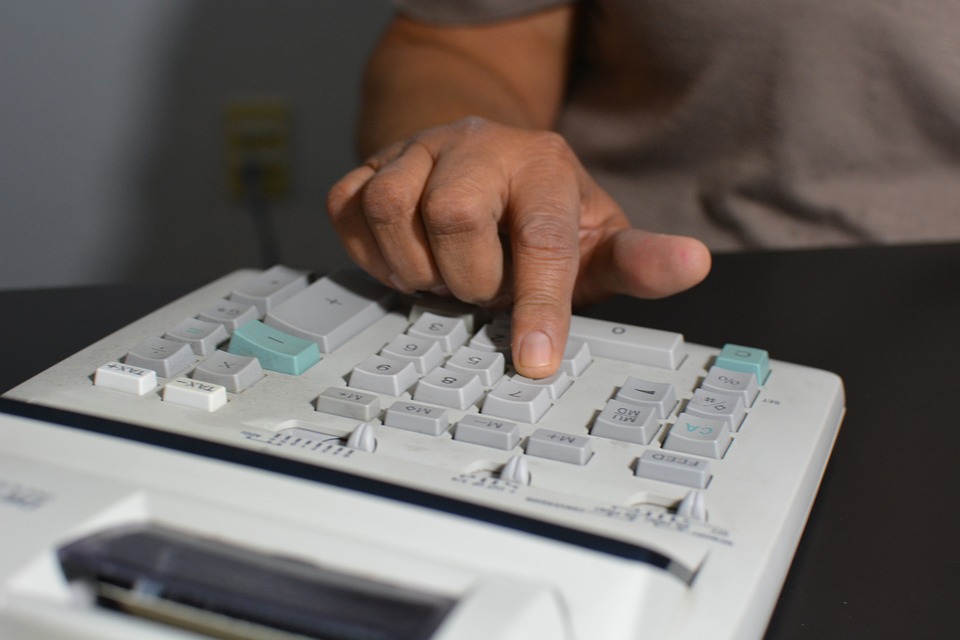In 2016 Nobel Prize in Economics winner Bengt Holmström’s most famous paper “Moral Hazard and Observability”, he concluded that observation of outcomes alone, without studying the efforts and inputs required to achieve them, hinders efficiency and leads to less than optimum results.
While these studies initially focused on workplaces, the conclusions are now being extended to most contractual situations where rewards and incentives – including pay and funding – shouldn’t be seen as being solely dependent on outcomes, but reflective of the range of actions and activities being undertaken, as well as “collective endeavour” that underpins meaning and understanding in organisations.
In his article “Social Impact: Should We Be Talking Process or Product?”, which was published in Pro Bono Australia News, Alan Kay of the Social Accounting Network provides further insights into this issue – how to show the best face of the social economy, both in terms of results and the effort required to change anything for the betterment of society.
And given its increasing interest in social accounting, the Mercury Cooperative in Sydney is going to work in partnership with governments and like-minded organisations to embed “social audit and accounting” (SAA) as the preeminent tool for measuring the impact of the work of Australian small and medium community organisations, as well as for improving business processes and the understanding of their vision, mission and purpose.
Social Accounting
Measuring and reporting the social impact of social organisations provides evidence of the value of funding by members, governments and the philanthropic and corporate sectors – or in the case of social enterprises, the income they generate through enterprise activity. SAA provides a framework to provide this evidence, regardless of the size.
Several tools for measuring social impact have emerged already, but many of these tools have proved to be expensive, consultant-driven and not sufficiently focused on business improvement. Some of these tools are also primarily concerned with the quantitative rather than the qualitative aspects of service delivery, including social capital and relationship building. And these tools have tended to be adopted by organisations with adequate -resources to capitalise on their impact for marketing purposes.
SAA alternatively implants a strategic measurement and reporting process into an everyday governance of social organisations. SAA can prove what value a social organisation adds to society by building accounting, monitoring and reporting systems that show economic, environmental, cultural and social impacts. Through stakeholder engagement (a key aspect of SAA), increased accountability produces a more rapid understanding of the impact on beneficiaries, as well as in the surrounding community, resulting in a sharpened service response.
SAA isn’t an external evaluation and, unlike other tools, it requires no ongoing external consulting to complete. Rather, it’s for social organisations themselves to identify their values and objectives and take responsibility for reporting on them. In this way, SAA enables an accurate description of what’s being achieved and can demonstrate this to others in a much more holistic way.
Social Accounting Network
Since SAA is a social impact measurement technique, it’s functioning in many countries, supported by the UK-based Social Audit Network, from which much is now available in terms of skills, experience, manuals, supports and tools, as well as contact with SAA practitioners all over the world.
The Mercury Cooperative currently develops a pathway for readily accessible SAA in Australia and works on a program of three components to achieve this:
- Entry: For organisations showing an initial interest in social accounting, guidance can be provided from a range of members and associates.
- Facilitation: For organisations proceeding to training, access will be enabled to online resources and templates, along with setting up internal processes to produce social accounts and to submit them for assessment.
- Assessment: This involves reviewing an organisation’s social accounting, auditing and reporting processes and providing feedback for business improvement and enhanced social impact.
Benefits to the Community
How can SAA add considerable value to the growth and performance of Australia’s social economy? SAA can enable the tens of thousands of mostly smaller community organisations, social enterprises and cooperatives which are currently undertaking no social measurement and reporting, to start doing so.
In doing so, organisations can reap the following benefits:
- Accurate, honest and meaningful reporting on organisational achievements
- Proof of results to stakeholders, society and the environment
- Demonstrating how organisations can improve on business and social performance
- Increased stakeholder participation in influencing behaviours and policies
- Sharper understanding of core values, cultural differences and social objectives
- More open internal and external appraisals of social performance
SAA also adds value to public policy development, operating to key principles which deliver what’s being demanded from funded services, in a much broader sense than simply an ROI.
SAA does this through:
- Giving social organisations a clearer understanding of what they’re achieving
- Highlighting how much it’s costing them to achieve that, while
- Enabling various stakeholders to readily perceive that “success” while taking into account cultural differences
SAA delivers this in a simpler, more practical and useful way than other approaches. And through its DIY business improvement process, it also builds confidence and community resilience.
Well-functioning SAA can also stimulate increased social investment in communities by showcasing “success” in a better way. It also rapidly addresses reporting deficits and, in partnership with those like-minded and various locally-based organisations, effectively builds and maintains social capital in local communities.
Get more recent and relevant industry news and updates by connecting with the leading accountants in Australia today.




